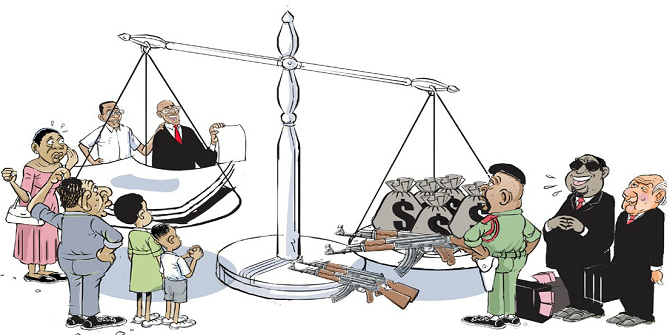
London – How has South Sudan’s government reshuffle affected the country in the short term, and its path to elections in 2015? Chatham House recently hosted JSRP Consortium Director Dr. Mareike Schomerus and James Copnall, BBC Correspondent for Sudan and South Sudan, to discuss the implications of recent changes in-country, on a panel chaired by Thomas Mawan Muortat, political commentator on South Sudan and Sudan. From Chatham House’s event summary:
Informed by the speakers’ extensive experience in South Sudan, this event assessed … the dynamics that will shape the country’s immediate future and the government’s capacity to deliver on pressing internal developmental challenges such as security, the economy and building lasting institutions, as well as tackling corruption, the worsening humanitarian situation and intercommunal clashes.
Dr. Schomerus has researched and traveled extensively in Sudan and Sudan and South Sudan; her research interests include the dynamics of conflict resolution, and the impact of living in militarised situations on personal lives. In her remarks on the panel, (summarized in detail in this downloadable PDF), she emphasized the perspectives of citizens living outside of the political capital:
Ms Schomerus stated that many South Sudanese did not believe the government in Juba had much, if any, impact on their lives. She provided a number of quotes from South Sudanese living in West Equatoria state that demonstrated this disconnect from the government, and the disappointment that was felt over unfulfilled government promises on security and service provision.
This disconnect was linked to high expectations felt by many South Sudanese over their new government when the country was formed. Promises of democracy and decentralization remain unfulfilled, with the government seen to have centralized power and money, monopolizing access to resources at the expense of the rest of the country.
Highlights of the entire panel are summarized in this downloadable PDF. Watch this space for details on the upcoming collection The Borderlands of South Sudan: Authority and Identity in Contemporary and Historical Perspectives, co-edited by Dr. Schomerus with Christopher Vaughan, and Lotje de Vries.




